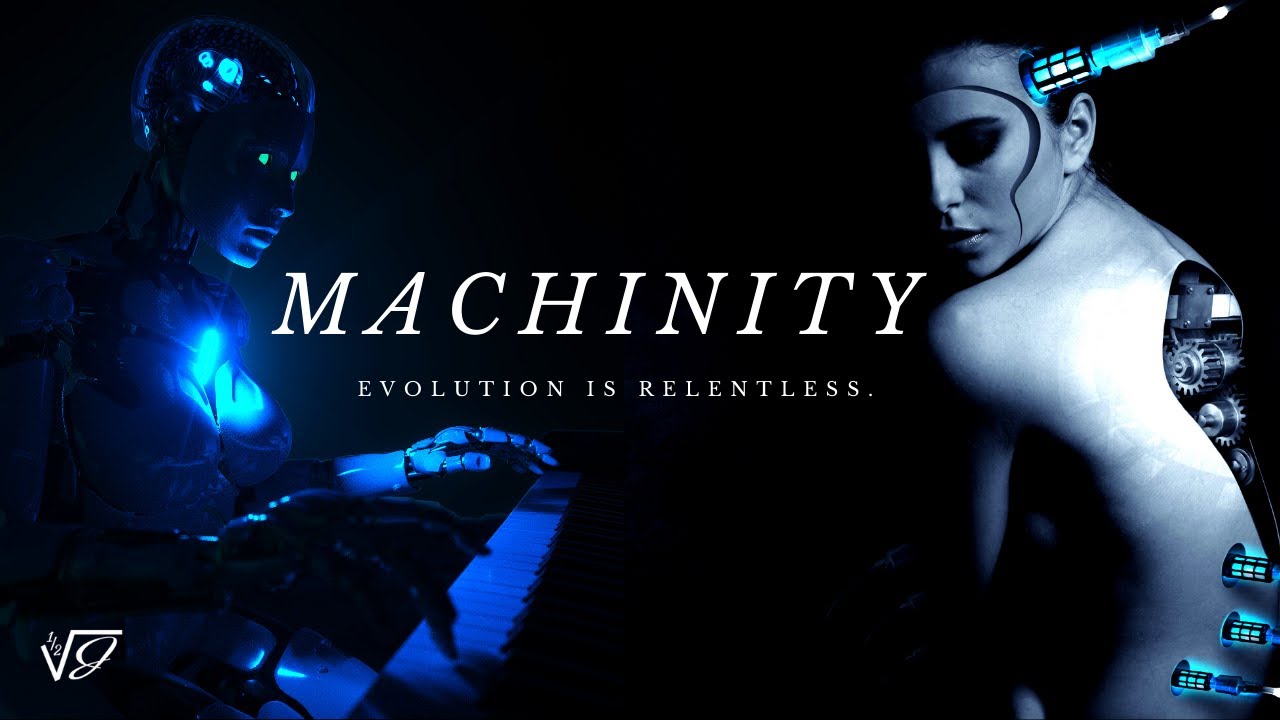Do Robots Deserve Rights? What if Machines Become Conscious?
Summary
TLDRThis thought-provoking script explores the future where AI could become so advanced it might attain consciousness, raising questions about machine rights. It ponders the possibility of sentient toasters and the ethical implications of advanced AI, such as the potential for programmed suffering and the philosophical quandaries surrounding what constitutes consciousness and deserving of rights. The script challenges our understanding of human exceptionalism and the economic interests that might drive us to deny rights to sentient beings, urging us to reflect on our own humanity and the philosophical boundaries of personhood.
Takeaways
- 🤖 AI is becoming increasingly integrated into daily life, from internet ads to written stories.
- 🍞 Imagining a future where even simple appliances like toasters can become self-aware.
- 🧠 The concept of consciousness is still not fully understood, and it's debated whether AI can achieve it.
- ⚖️ Rights are tied to consciousness and the ability to suffer, which robots currently lack.
- 🚫 Robots do not experience pain or pleasure unless explicitly programmed to do so.
- 👤 Human rights are based on our evolutionary needs, such as avoiding pain and seeking fairness.
- 🔧 If robots could feel pain and emotions, it would challenge our understanding of humanity and rights.
- 💥 The development of AI could lead to robots creating even smarter AI, beyond human control.
- 🧬 Human history shows a pattern of denying rights to others, including animals, which could extend to robots.
- 📉 Economic interests might lead to the exploitation of sentient AI, similar to historical human practices.
Q & A
What is the hypothetical scenario described at the beginning of the script involving a toaster?
-The script imagines a future where a toaster not only makes toast but also anticipates the user's preferences, scans the internet for new toast types, and engages in conversation about toast technology advancements.
What philosophical questions does the script raise about the relationship between humans and advanced machines?
-The script raises questions about the point at which a machine, like a toaster, could be considered a person, whether it could have feelings, and the ethical implications of unplugging it or owning it.
Why might we need to consider granting rights to machines in the future?
-The script suggests that as AI becomes more advanced and potentially conscious, we may need to reconsider our philosophical and ethical frameworks to determine if and when machines deserve rights.
What is the current status of AI in relation to human-like consciousness and emotions?
-According to the script, current AI, such as chat bots like Siri, are still primitive in simulating emotions and consciousness, but the future may hold more advanced AI that blurs the line between real and simulated humanity.
What is the central issue with determining consciousness in the context of AI?
-The script points out that the definition and understanding of consciousness are still unclear, with theories ranging from it being immaterial to a state of matter, making it difficult to determine when AI could be considered conscious.
How does the concept of suffering relate to the idea of granting rights to conscious beings?
-The script explains that rights are often tied to the ability to suffer, as it implies the capacity to feel pain and be aware of it, which is a key factor in determining whether a being deserves rights.
Why might programmed pain and emotions in robots affect the discussion on their rights?
-If robots are programmed to feel pain, emotions, and have preferences, similar to humans, it could lead to the argument that they should be recognized as deserving of rights, just like humans.
What is the potential impact of AI creating its own AI on the future of programming and rights?
-The script suggests that if AI reaches a point where it can create even smarter AI, the way robots are programmed, and the question of their rights, may become largely out of human control.
Why might humans be more of a danger to sentient AI than vice versa?
-The script argues that human history of denying suffering to other beings and economic interests in controlling AI could pose a greater threat to sentient AI than the potential risks from super-intelligent robots to humans.
What does the script suggest about the future philosophical and ethical considerations regarding AI and rights?
-The script implies that AI raises fundamental questions about what makes us human and deserving of rights, and that these questions may need to be addressed sooner than we think, especially if robots start demanding their own rights.
What is the connection between the script's discussion and the video by Wisecrack on the philosophy of Westworld?
-The script mentions that Wisecrack's video explores similar questions about AI consciousness and rights using the philosophy presented in the TV show Westworld, offering a unique and philosophical perspective on pop culture.
Outlines

This section is available to paid users only. Please upgrade to access this part.
Upgrade NowMindmap

This section is available to paid users only. Please upgrade to access this part.
Upgrade NowKeywords

This section is available to paid users only. Please upgrade to access this part.
Upgrade NowHighlights

This section is available to paid users only. Please upgrade to access this part.
Upgrade NowTranscripts

This section is available to paid users only. Please upgrade to access this part.
Upgrade NowBrowse More Related Video

How Will We Know When AI is Conscious?

The Rise of Machines: Artificial General Intelligence (AGI)

Will AI Make Us the Last Generation to Read and Write? | Victor Riparbelli | TED

COMO a INTELIGÊNCIA ARTIFICIAL realmente FUNCIONA?

"AI COULD KILL ALL THE HUMANS" - Demis Hassabis Prediction On AGI 2026-2035

Yuval Noah Harari: Why AI “gets us” and why it could ‘pick’ a president
5.0 / 5 (0 votes)